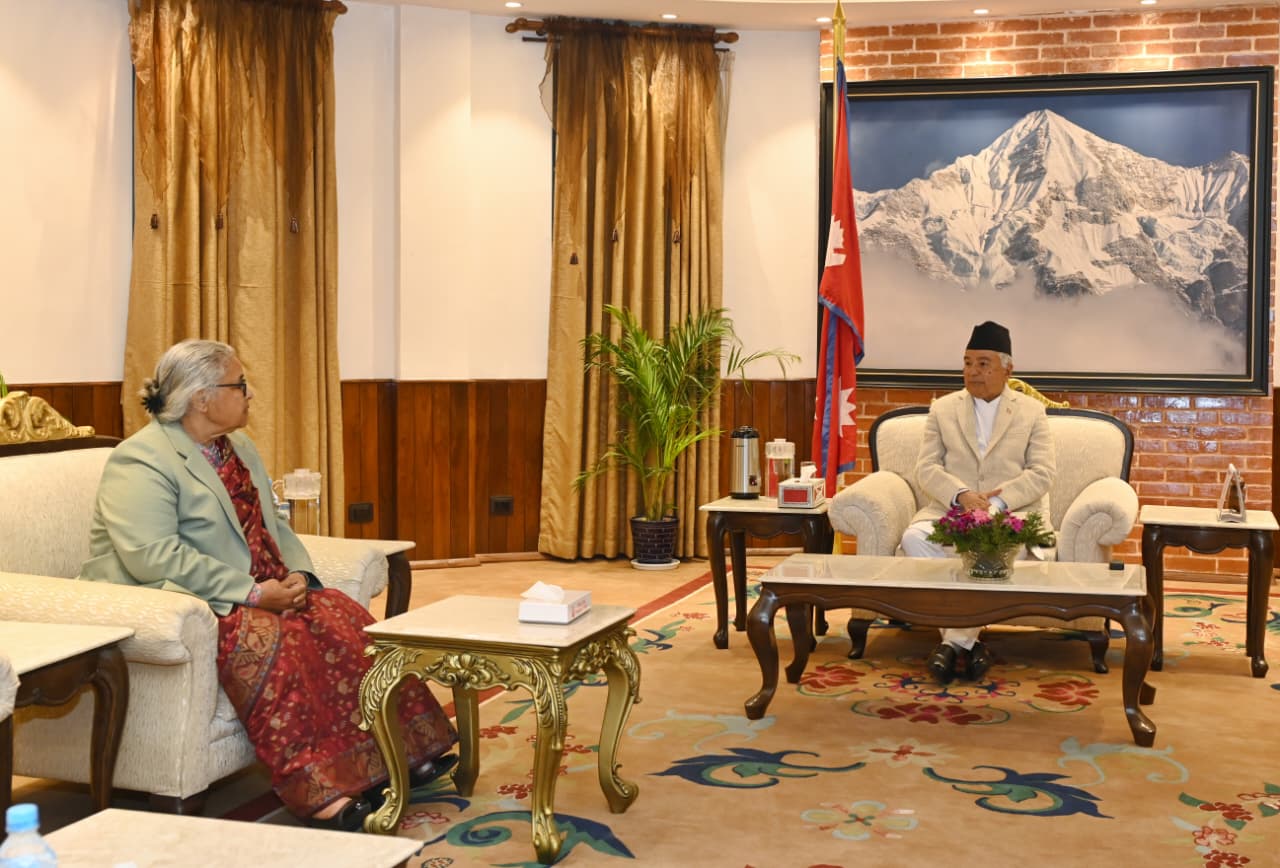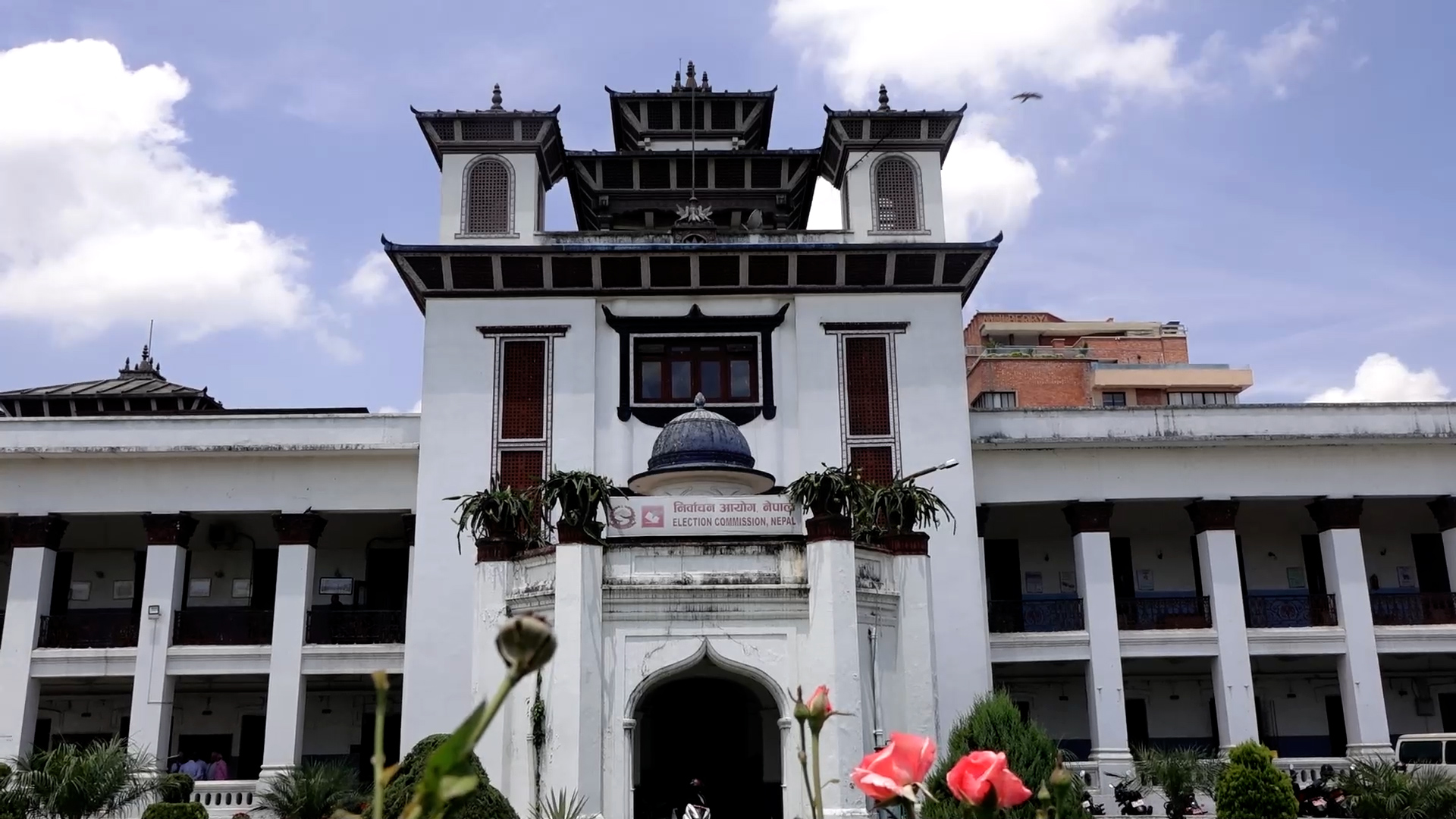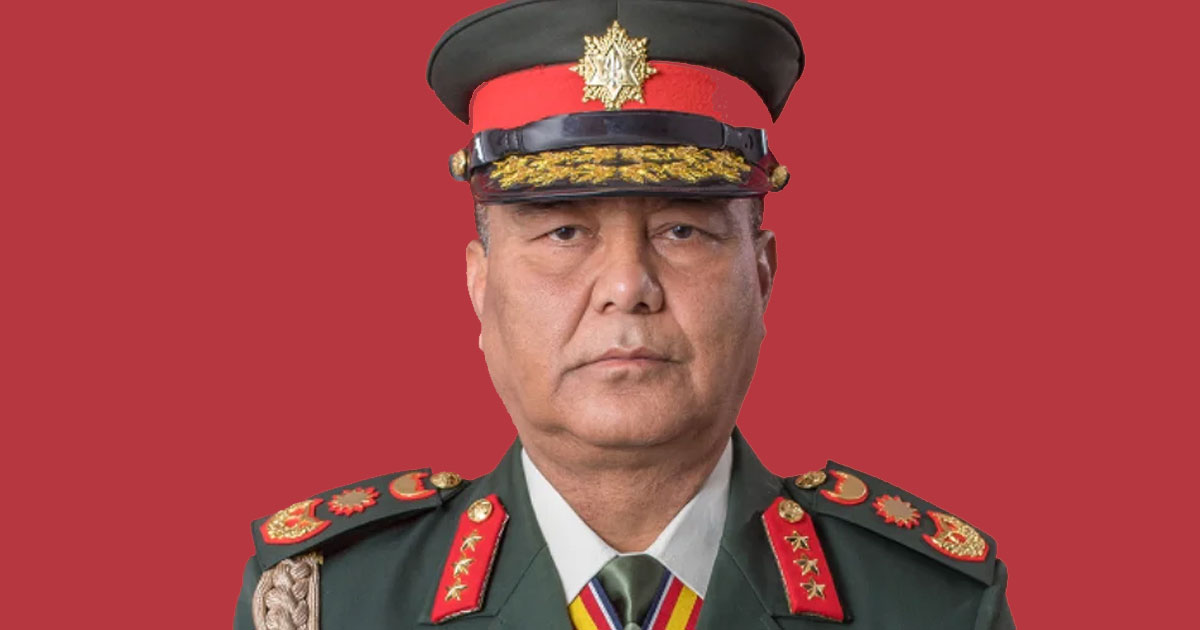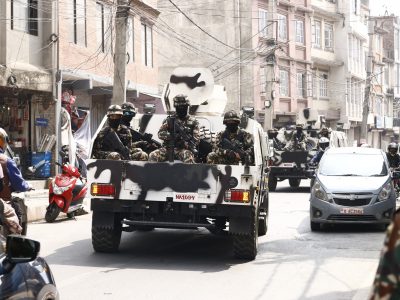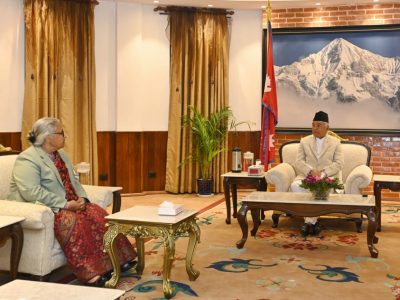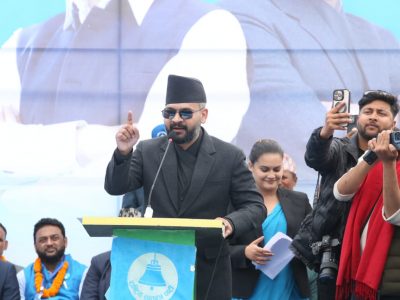Will India lose its democratic status?
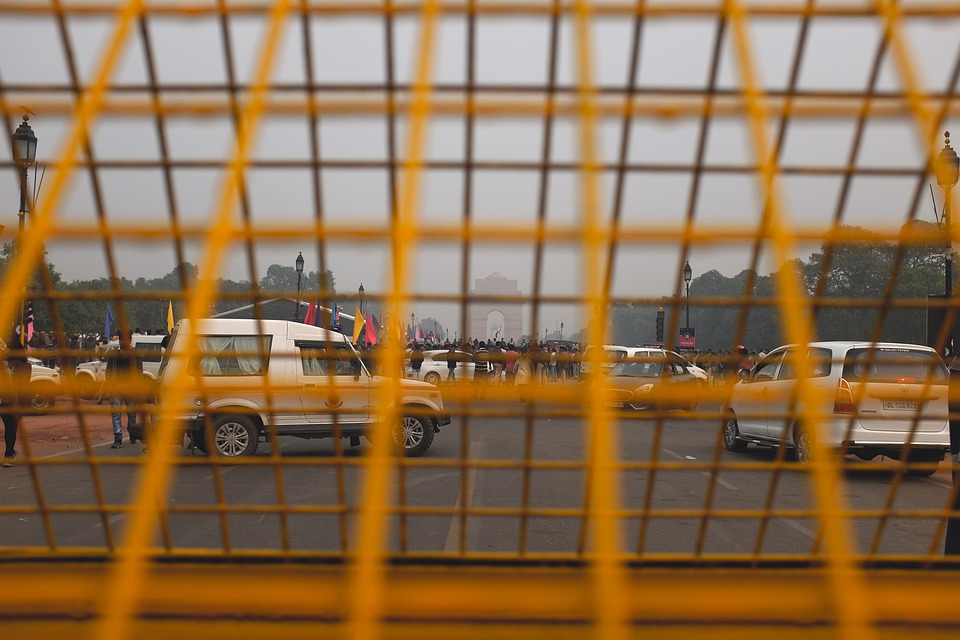
Kathmandu. Varieties of Democracy, or the V-Dem Institute is an organization that studies and measures the democratic conduct of a state, beyond that of the electoral processes. According to the 2020 report, titled “Autocratisation Surges – Resistance Grows”, India is on the precipice of losing its status as a democracy under the Modi government, owing to the effect of the “third wave of autocratization.”
The report includes input from more than 3,000 experts and presents 30 million data points on issues related to human rights, democracy, civil society, media, and other related topics. As per the information gleaned from the publication, autocratic states are in the majority for the first time since 2001. India is on a steep path to join these states due to the excessive restrictions that have been imposed on the state media, political oppositions, and the civil society. The nations that have apparently been autocratizing the most in the past decade are India, Hungary, Brazil, Poland, Turkey, and Serbia.
The Liberal Democracy Index (LDI), included in the report measures the quality of elections, suffrage, freedom of expression and the media, freedom of association and civil society, checks on the executive, and the rule of law. According to the Institute, The Liberal Democracy Index (LDI) combines the V-Dem Electoral Democracy Index (EDI), that notes whether “polyarchy” (a political system where power is vested in multiple people) as proposed by Robert Dahl in 1971 is present, and the V-Dem Liberal Component, that determines if the electoral democracy also includes civil liberties, the rule of law and sufficient constraints on the executive by the judiciary and legislature, that it as necessary components of a liberal democracy.
It has also showcased the difference between closed autocracy, electoral autocracy, electoral democracy and liberal democracy. As can be seen from the data below, India finds itself amongst the top 10 nations that are an inch away from losing its democratic stature. While the state has still been categorized as an electoral democracy, which basically means that it has a system of elected officials who represent the people in the government, as per the report it lacks the elements of a liberal democracy that additionally comprises of the rule of law and the basic individual freedoms. It has not yet joined the ranks of electoral autocracies where state employ authoritarian practices behind institutions that appear to be democratic with regards to representation.
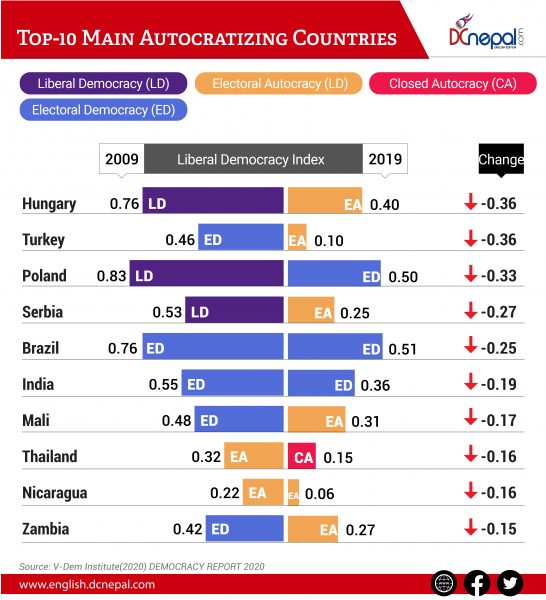
The publication has suggested that within India, Poland, Hungary and Brazil, “the first steps of autocratization involve eliminating media freedom and curtailing civil society.” It has painted a dire picture for the future of Indian democracy as it posits that the hope of attaining a liberal democracy is on the decline in the state.
All of the G20 (Group of 20) states that consists of some of the world’s largest economies have been affected by the third wave of autocratization. With increasing censorship on the media and academic freedom being curtailed, the indicators have been termed as an “early warning signal,” for what could only be a surge in the autocratic activities of the concerned governments. It has further claimed that the “third wave of democratization” that grew from the 1974 Carnation revolution in Portugal, that overthrew the authoritarian regime of the Second Republic, has ended.
Autocratizing countries, including India, have registered a 13% average decline of academic freedom. Furthermore, V-Dem has ascertained that 31 countries are currently facing situations where media mobility is being limited, and attacks on freedom of speech is rampant. Around 35% of the global population, that accounts for almost 2.6 billion individuals, are now living in autocratizing nations.
Prior to the publication of this report, the President of the Indian National Congress, Sonia Gandhi had written an analytical piece for the Hindustan Times, whereby, she claimed that there have been attempts to “label anti-BJP protests as anti-India conspiracies.” Criticizing the Bharatiya Janata Party, led by Prime Minister Modi, she insisted that while a party was entitled to its own ideologies, the Constitution ensures that the rights of the Indian citizen does not end with the right to vote. She pointed out that the Modi administration was labeling civil society leaders as “evil conspirators and terrorists,” and has also been targeting its political opponents by calling them “enemies of the Indian State.”
In addition to this, it was reported in early October that Amnesty International was pressed to shut down its activities in India, after the government froze its bank accounts. Prior to this, Amnesty had published incredibly critical assessments of the Modi government and the human rights violations occurring in the country. David Griffiths, the Director of the Office of the Secretary General at Amnesty International had stated that this was an effort to “silence those who criticize them, those who call out human rights abuses in the country.”
Aakar Patel, the former executive director of Amnesty International India, had also noted that while the citizens of India seem to be less interested in rallying for their Constitutional rights, the state heavily restricted such protests. He stressed that India was democratic to the extent that people elect the political parties to govern them for a set period of time, however, the individual rights and freedoms have ceased to exist in the nation. He writes, “Rule of law exists in States where there is no space for authority to exercise arbitrary power. By that definition India is not a rule of law state. There is actually very little restriction on the arbitrary exercise of authority.”
India’s democracy and the question on its continued existence has been a central topic of discussion for years. Historian Gyan Prakash, for instance in conversation with Scroll.in, while providing reasons for his book titled “Emergency Chronicles: Indira Gandhi and Democracy’s Turning Point,” pointed out in 2018, “I could not block out Modi in India and Trump in the United States, not to speak of Erdogan in Turkey, Orban in Hungary and Brexit.”
He added that within the nations, “It was evident key institutions of democracy – the rule of law, the principle of equality, and the protection of minorities and minority opinion, etc. – were being undermined in the name of national interests, now increasingly identified with an authoritarian leader.”
The statement rings true within the V-Dem report and the narrative presented by various other prominent individuals. India’s democracy has been an integral part of its identity in the world, and something that the government has used to separate itself from the authoritarian and totalitarian states in the region.
Facebook Comment
latest Video
Trending News
- This Week
- This Month



